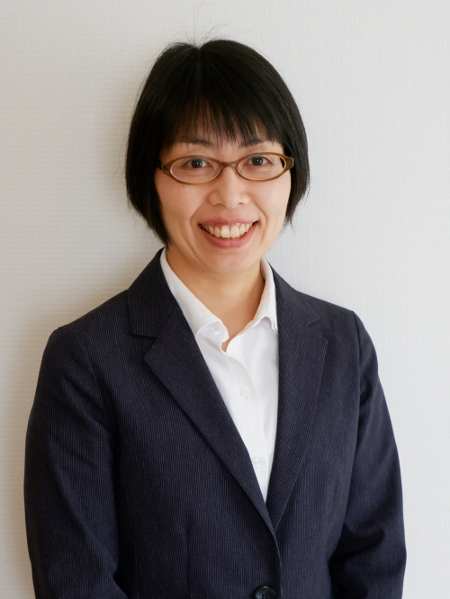
Full Text
簡体字 / 正體字 / English摘要:
这十年来日本人类学的台湾研究主要课题大概分类出来如下六种。(1) 研究史与族群认同,(2)物质文化丶工艺与生计,(3) 历史民族志丶历史人类学,(4) 殖民经验与其记忆,(5) 境域丶越境以及与周边地域的比较,(6) 宗教。且其特徵可整理出来以下四点。第一,对於历史(尤其是近代殖民史)的关心,以及之後的连续性/不连续性的视点。第二,跟旧南洋群岛丶韩国及冲绳之间的比较。第三,对於反思的自觉。第四,将研究成果直接/间接还原给当地社会之志向。在十年前被期待此後发展的有关都市丶台湾人的跨国性与全球化之研究可说已有了进展了。笔者本人希望今後进展的研究方面是,原住民族之政治状况与诸制度丶收藏於日本的学术资料丶「新移民」与其孩子们世代以及现代史的研究。今後也期待未来在有反思性的场合里,能够有更多的研究成果诞生,笔者也希望自己能够参与其中继续地努力。
摘要:
這十年來日本人類學的臺灣研究主要課題大概分類出來如下六種。(1) 研究史與族群認同,(2)物質文化、工藝與生計,(3) 歷史民族誌、歷史人類學,(4) 殖民經驗與其記憶,(5) 境域、越境以及與週邊地域的比較,(6) 宗教。且其特徵可整理出來以下四點。第一,對於歷史(尤其是近代殖民史)的關心,以及之後的連續性/不連續性的視點。第二,跟舊南洋群島、韓國及沖繩之間的比較。第三,對於反思的自覺。第四,將研究成果直接/間接還原給當地社會之志向。在十年前被期待此後發展的有關都市、臺灣人的跨國性與全球化之研究可說已有了進展了。筆者本人希望今後進展的研究方面是,原住民族之政治狀況與諸制度、收藏於日本的學術資料、「新移民」與其孩子們世代以及現代史的研究。今後也期待未來在有反思性的場合裡,能夠有更多的研究成果誕生,筆者也希望自己能夠參與其中繼續地努力。
Abstract:
The main topics of Japanese anthropological studies on Taiwan in the past decade can be roughly classified into six categories. (1) Research history and ethnicity. (2) Material culture, crafts and livelihood. (3) Historical ethnography and historical anthropology. (4) Colonial experience and memory. (5) Border, transnationalism and comparisons of both with those of neighboring areas. (6) Religion. The characteristics of those categories mostly include four points. First, interest in history (especially in modern colonial history) from the viewpoint of continuity/discontinuity. Second, comparisons with Micronesia / Korea / Okinawa. Third, awareness of reflexivity. Fourth, the intention of direct or indirect contribution to the local community. Ten years ago, urban studies, studies on transnationalism and globalization in Taiwan were expected to progress and have done so in this decade. The topics in which I expect to see further progress are study of the political status and systems among the indigenous peoples, the academic materials collected in Japan, the "new immigrants" and their children's generation and modern history. For understanding complicated societies, I expect that more fruitful research will be created in reflexive places, and that I will participate myself in such research.